News
Latest News
RUBIC Seminar – The Team Makes the Dream Work
On October 3. we gathered more than 60 people for the 2024 RUBIC Seminar, a networking event for the dedicated people involved in patient recruitment, clinical visits, sample preparation, and data...
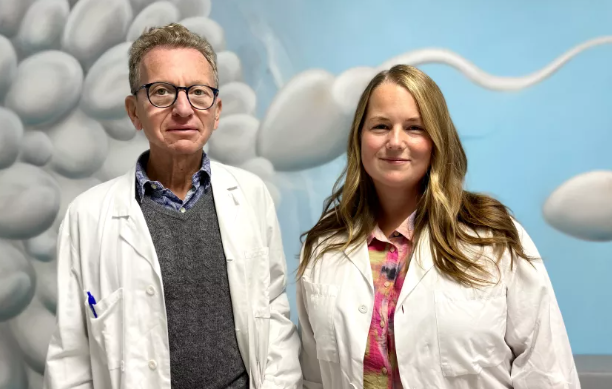
Defective sperm doubles the risk of preeclampsia
We’re excited to share new findings from Lund University, led by ReproUnion researcher Aleksander Giwercman. For the first time, researchers have linked specific sperm defects to pregnancy...
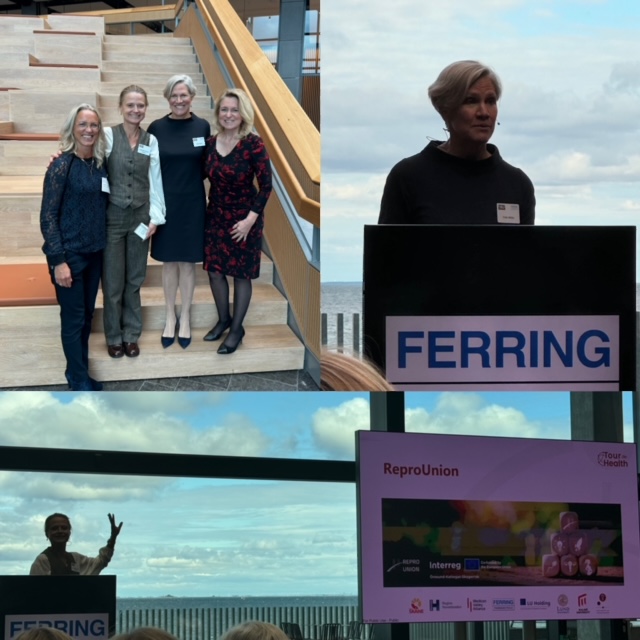
Tour de Health
Great to have ReproUnion on the agenda on this years Tour de Health conference hosted by Ferring Pharmaceuticals arranged by Healthcare Denmark. Lars Løkke Rasmussen attended the conference and his...
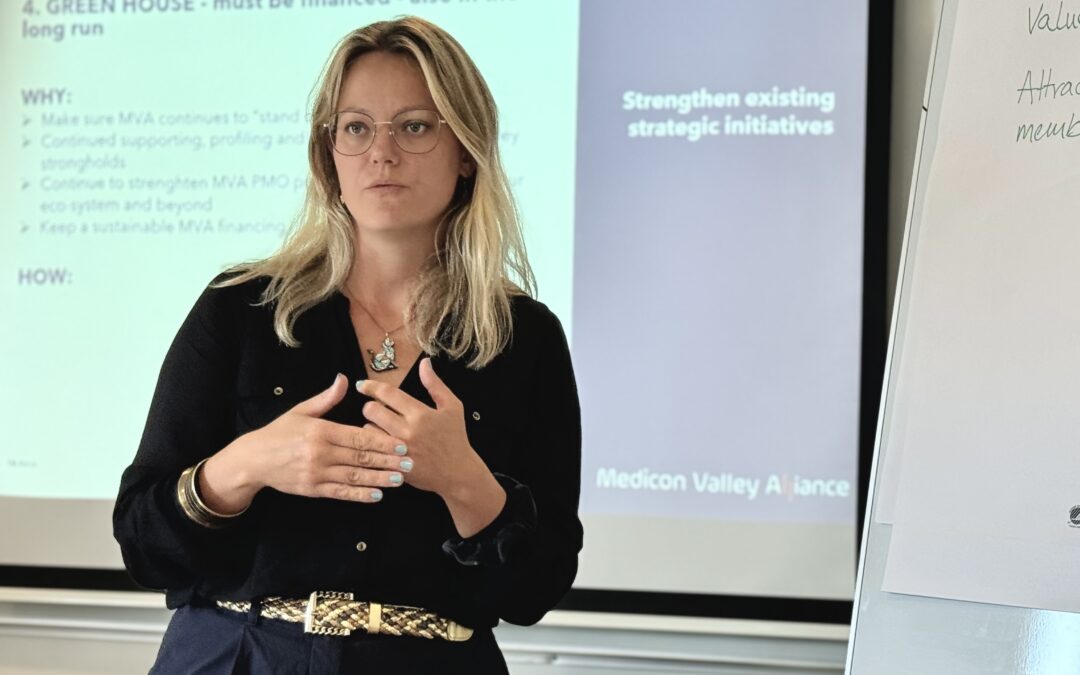
We wellcome Katalin Vikuk, Innovation Manager for ReproUnion
We are excited to introduce Katalin Vikuk, Innovation Manager for the ReproUnion project. Katalin started in the position on the 1st of July. With a comprehensive background in mental health and...
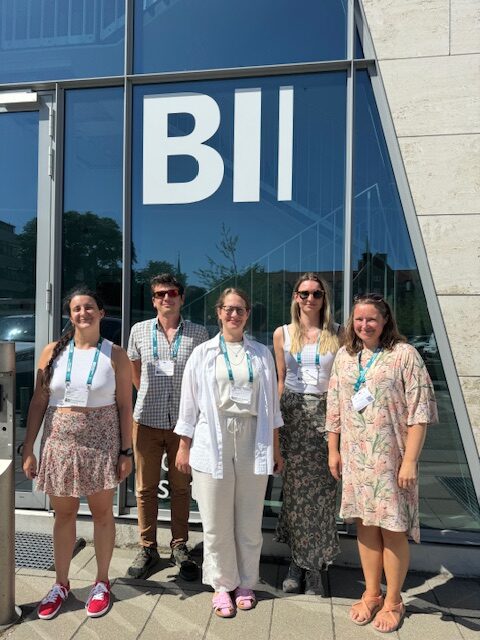
ReproUnion Researchers at the BII Summerschool!
Five of our brilliant ReproUnion researchers are diving deep into the BII Summerschool: Innovation and Commercialisation of Your Life Science Projects.
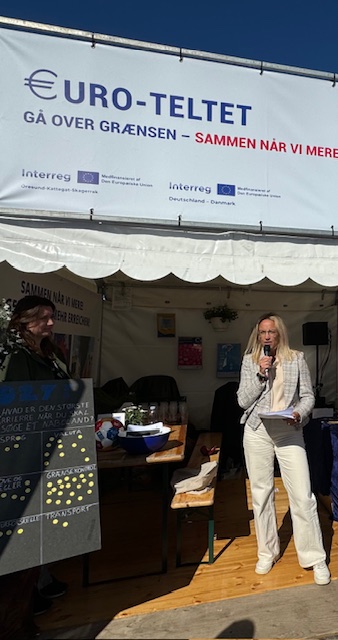
Sperm Crises
Folkemødet 2024 proved to be an incredible setting for discussions on infertility and equality in fertility treatment. The need to focus on the male cause of infertility was highlighted as an action...

Engage with ReproUnion at Folkemødet
Come join us to learn more about how ReproUnion aim at patient centered care for infertile patients through the establishment of an Innovation platform and projects run in close collaboration...
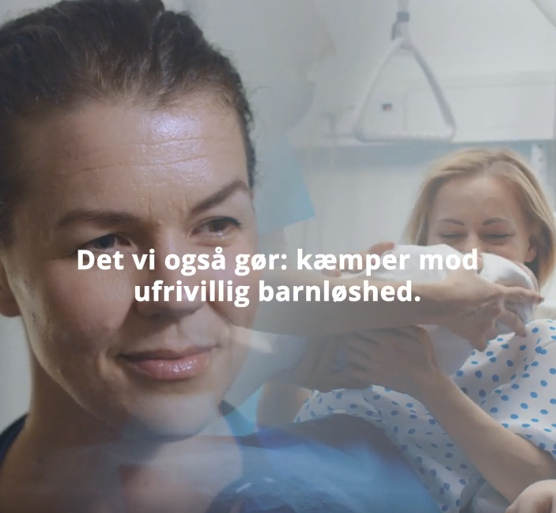
Interreg-project make the dream of having children come true
Interreg contributes to creating life. A claim that hold truth when talking about the cross boarder ReproUnion project.
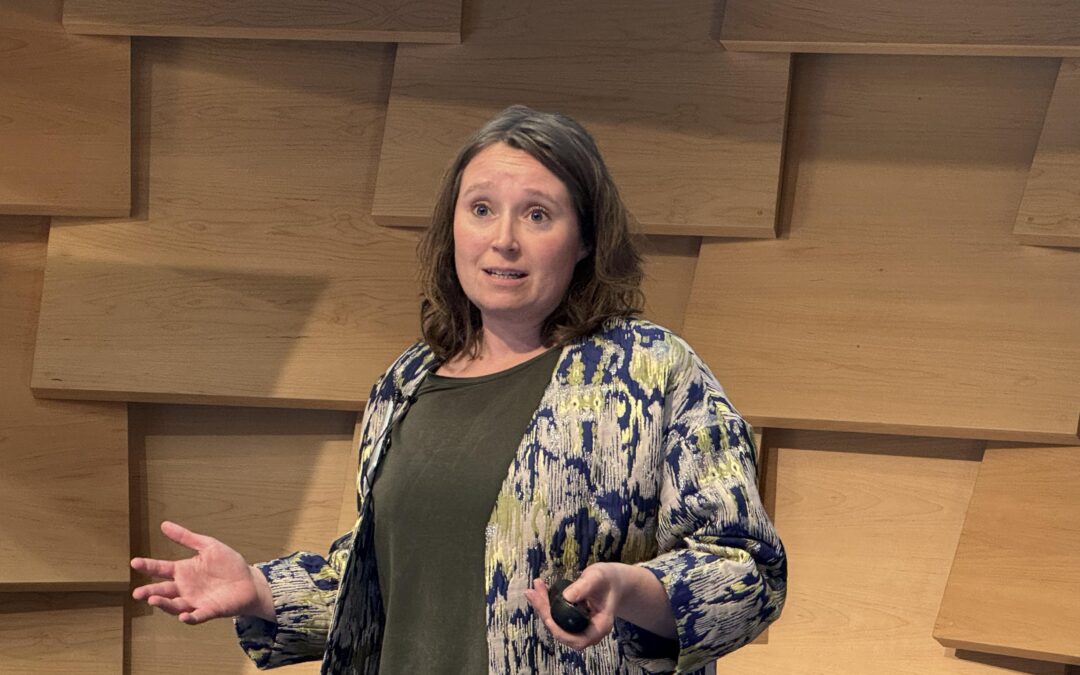
It’s a couple issue!
Infertility is a couple issue, today we treat the women even when it’s a male cause!

ReproUnion highlighted by Euronews in Smart Regions season VII
The project was selected for it's high added value for European citizens and for the planet and highlight the bi-national "ReproUnion Biobank and Infertility Cohort” - RUBIC, where data from both...
